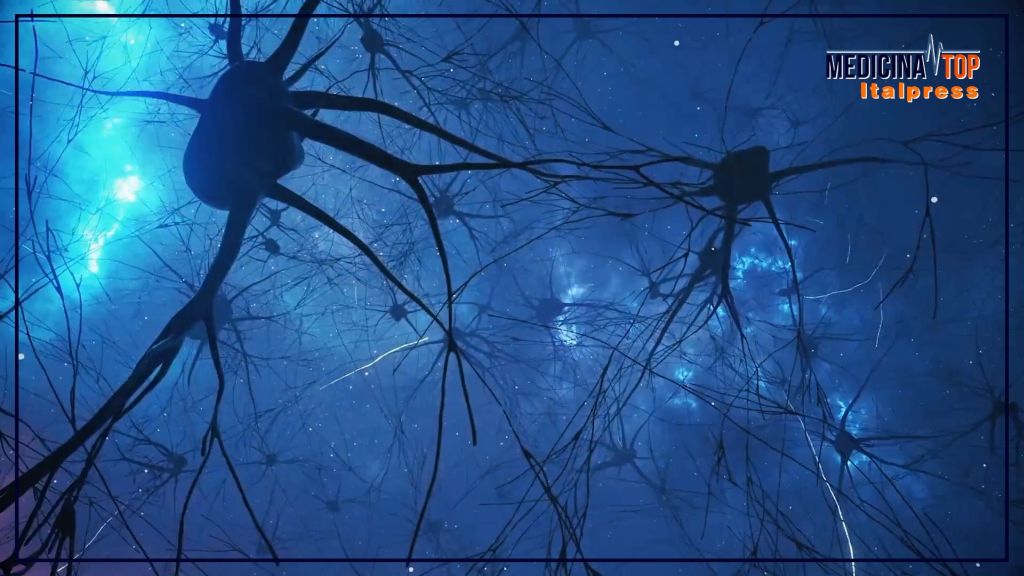MILAN (ITALPRESS) – The brain is the main organ of the central nervous system and the control center of bodily and mental activities. Protected by the skull and bathed in cerebrospinal fluid, it consists of billions of neurons and glial cells that work to process and remember information, manage emotions and coordinate body functions. The brain consumes about 20 percent of the body’s total energy, despite accounting for only 2 percent of body weight, demonstrating the intensity of its constant activity. One of the most striking features of the brain is neuroplasticity, or the ability to adapt and reorganize in response to new experiences or damage. Because of this flexibility, the brain can learn and change throughout life. These are some of the topics discussed by Michela Matteoli, professor of pharmacology at Humanitas University, director of the neuroscience program at the Humanitas Clinical Institute, director of the CNR Institute of Neuroscience and corresponding member of the Accademia dei Lincei, interviewed by Marco Klinger, for Medicina Top, a TV format of the Italpress news agency. “The brain is the most complex organ in our body. It regulates our ability to think, to get excited, to move, but not everyone knows that the brain is formed not only in the pre-natal period, but reaches adolescence,” he began. “The other aspect is that of consciousness and cognition that many of our neurons begin to die at some point. In recent years it has been discovered that during adult life our brains have the ability to regenerate and change if they are stimulated,” the professor pointed out. “It is said that the brain is like a muscle. Neurons are connected to each other and form networks and circuits, synapses are the contact point between neurons, the beating heart of our brain’s functions. Synapses continue to be active and form throughout our lives whenever we learn. When we read, study, strategize, synapses are formed and activated and it’s like a gymnastics,” he reiterated, “Our brain, in essence, works better. Matteoli has written a number of books on the subject, such as “The Talent of the Brain” and “The Flowering of Neurons. “It is important that the brain goes through continuous stimulation: always learning and being curious, because it is true that as we age, some cognitive capacities diminish, and then we have to keep the brain always active,” he explained. “Through physical and aerobic activity we also keep our brain active. Physical activity is also very important to counter inflammation.” Fundamental is the concept of cognitive reserve, especially for those who are advanced in age: “Cognitive reserve is built up throughout our lives. The forms of dementia appear more frequently in individuals with more limited culture,” Matteoli recalled, “It is important to learn, we must never stop. We build our reserve of synapses and neurons that we draw on in the later part of our lives, when normal aging leads to the loss of some of them.” “The springtime of the brain coincides with an ethical springtime. It is not a good time in the world, we are forgetting that our brains are wired for empathy, there are mirror neurons that allow us to understand what others are doing,” the professor reflected, “This empathic capacity a little bit is part of our being and we are slowly forgetting it, we are moving on to other characteristics such as lack of trust towards those who are different from us, we build walls and protections that actually block us in development. And on chronic inflammation in the brain, “It can have an effect on Parkinson’s or Alzheimer’s: before it was thought to be a consequence, now we know that it contributes instead,” he reiterated, “All it takes is for some genes in the immune system to be mutated and you have a greater susceptibility to Alzheimer’s. Finally, the expert’s advice for keeping the brain active and ‘youthful’: “Learn, never close yourself off, never stop being curious, confronting others. And then, in addition to physical activity, keep social relationships active. Those who live alone have a higher inflammatory load than those who are more active,” he concluded, “And finally, the right amount of sleep.
– photo taken from Top Medicine video -(ITALPRESS).

